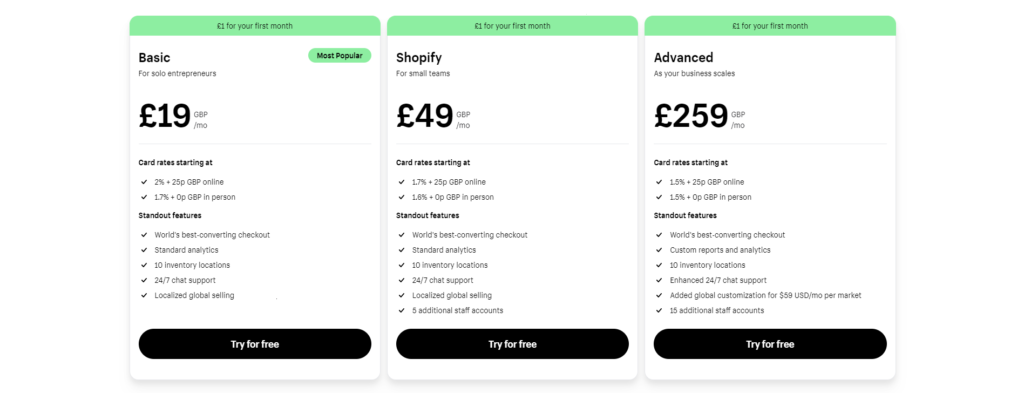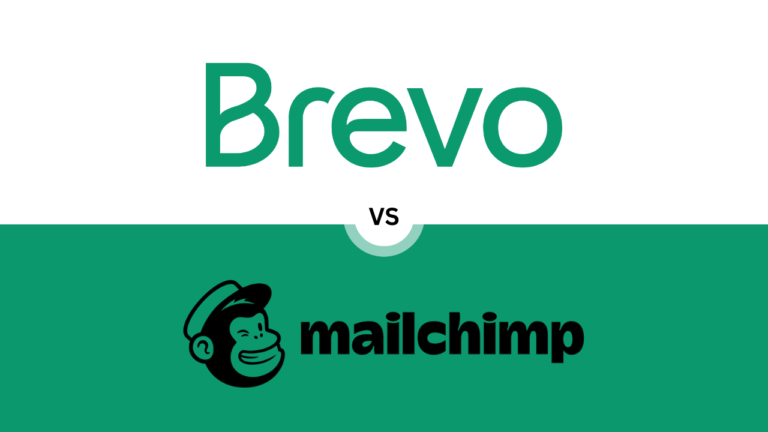Introduction
In the world of e-commerce, choosing the right platform to build your online store is crucial. Two popular options, Shopify and Wix, offer robust features and customization options, but which one is the better choice for your business? In this comprehensive comparison, we’ll dive into the key differences between Shopify and Wix to help you make an informed decision.
Table of Contents
- Ease of Use
- Design and Templates
- E-commerce Features
- Marketing Tools
- App and Plugin Ecosystem
- Pricing
- Customer Support
- Case Studies or Testimonials
- Conclusion
Ease of Use
When it comes to ease of use, both Shopify and Wix score high marks. Wix is known for its drag-and-drop website builder, which allows users to easily create and customize their online stores without any coding knowledge. Shopify, on the other hand, also offers a user-friendly interface, but it may have a steeper learning curve for beginners.
Design and Templates
Wix offers a wide range of professionally designed templates that cater to various industries and design preferences. These templates are fully customizable, allowing users to create a unique look for their online store. Shopify also provides a selection of themes, although not as extensive as Wix’s. However, Shopify’s themes are known for their high quality and are designed to optimize conversion rates.
E-commerce Features
When it comes to e-commerce features, both Shopify and Wix offer robust solutions. Shopify is specifically designed for e-commerce and provides advanced features such as inventory management, order tracking, and abandoned cart recovery. Wix, on the other hand, offers a range of e-commerce tools, but they may not be as advanced as Shopify’s.
Let’s discuss in brief:
Shopify: Offers a comprehensive set of e-commerce features, including advanced inventory management, multiple payment gateways, and automatic tax calculations.
Wix: Provides basic e-commerce functionalities but lacks some advanced features like robust inventory management and extensive payment options.
- SEO Capabilities
Shopify: Provides powerful SEO tools, including customizable title tags, meta descriptions, and URL structures, to help improve search engine rankings.
Wix: Offers basic SEO features but may not be as customizable or effective as Shopify’s SEO tools.
- Customization Option
Shopify: Offers a wide range of customizable themes and templates, allowing users to create a unique and professional-looking online store.
Wix: Provides a drag-and-drop website builder with a variety of templates, but customization options may be more limited compared to Shopify.
- Scalability
Shopify: Designed to scale with your business, offering advanced features and capabilities as your e-commerce store grows.
Wix: While suitable for small businesses, Wix may lack the scalability and advanced features needed for larger e-commerce operations.
- App and Plugin Ecosystem
Shopify: Boasts a vast app store with thousands of apps and plugins to enhance your store’s functionality, including marketing, inventory management, and customer service tools.
Wix: Has a growing app market, but may not offer as many options or as much flexibility as Shopify’s app store.
- Customer Support
Shopify: Known for its responsive customer support team, offering 24/7 assistance via phone, email, and live chat.
Wix: Offers customer support but may not be as responsive or comprehensive as Shopify’s support.
- Pricing
Shopify: While pricing plans may be higher than Wix’s entry-level plans, Shopify offers more value with its advanced e-commerce features and scalability.
Wix: Offers budget-friendly pricing plans, making it a more accessible option for small businesses, but may lack some advanced e-commerce features.
Marketing Tools
In terms of marketing tools, both platforms offer a range of options to help you promote your online store. Shopify provides built-in SEO tools, social media integration, and email marketing capabilities. Wix also offers similar features, but some users find Shopify’s marketing tools to be more advanced and effective.
App and Plugin Ecosystem
Both Shopify and Wix have app stores that allow users to enhance the functionality of their online stores. Shopify’s app store offers a wide range of apps developed by third-party developers, allowing users to add features such as customer reviews, loyalty programs, and live chat support. Wix’s app market is also growing, but it may not have as many options as Shopify’s.
Pricing
When it comes to pricing, both Shopify and Wix offer tiered pricing plans to accommodate businesses of all sizes. Wix’s pricing plans start at a lower price point compared to Shopify, making it a more budget-friendly option for small businesses. However, Shopify’s higher-tier plans offer more advanced features and scalability, making it a better choice for growing businesses.


Customer Support
Both Shopify and Wix offer customer support through various channels, including email, phone, and live chat. Shopify is known for its responsive customer support team, which is available 24/7 to assist users with any issues they may encounter. Wix also offers customer support, but some users find it to be less responsive compared to Shopify’s.
Case Studies or Testimonials
To help you make an informed decision, it can be helpful to look at case studies or testimonials from businesses that have used Shopify and Wix. Many businesses have found success using both platforms, so it ultimately comes down to your specific needs and preferences.
Conclusion
In conclusion, both Shopify and Wix are excellent choices for building an online store. Shopify is ideal for businesses looking for advanced e-commerce features and scalability, while Wix is more suited for beginners and small businesses looking for an easy-to-use platform. Ultimately, the best choice depends on your specific needs and budget. Consider your options carefully and choose the platform that aligns best with your business goals.




